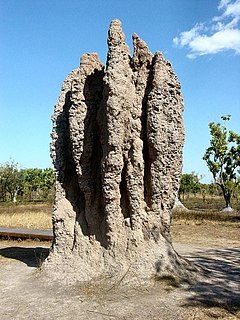
Back تولد Arabic Propietat emergent Catalan Emergence Czech Emergens Danish Emergenz German Elapereco Esperanto Emergencia (filosofía) Spanish Emergentsus Estonian Emergentzia Basque برآمدگی (فلسفه علم) Persian


| Complex systems |
|---|
| Topics |
In philosophy, systems theory, science, and art, emergence occurs when a complex entity has properties or behaviors that its parts do not have on their own, and emerge only when they interact in a wider whole.
Emergence plays a central role in theories of integrative levels and of complex systems. For instance, the phenomenon of life as studied in biology is an emergent property of chemistry and quantum physics.
In philosophy, theories that emphasize emergent properties have been called emergentism.[1]